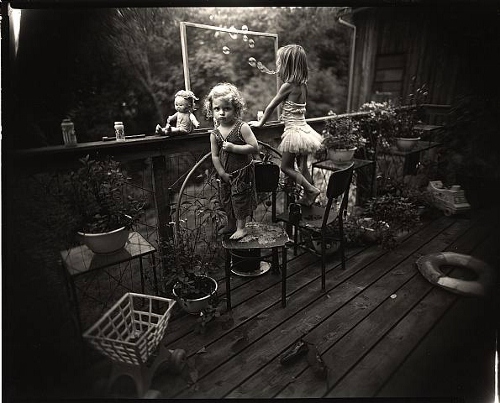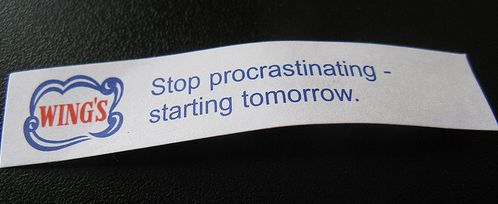
The car was skidding sideways now, for me in slow motion, and I remember having time to decide what to do. I felt the wheels beneath me leave the road’s edge, into the air above the ditch and I knew we were dead. Time stretched even wider, and I put my hands calmly over my face and waited.
There was no impact, just silence and softness and the feeling of tiny bits of glass scattering over the backs of my hands. It felt good.
***
I don’t talk about the meaning of dreams here much because it’s one of those topics that seems to attract over-reaching interpretations. Dream dictionaries rattle off one-to-one meanings as if they could possibly be the same for everyone. Dreaming about a lizard means you have anxiety about your libido, didn’t you know? Somehow it’s not supposed to matter who you are.
Not that what we dream about can’t tell us anything about what’s happening in our lives, even if we’re not conscious of it while we’re awake. They give us pretty strong clues sometimes, if a little general. We tend to dream about what we’ve been thinking about during waking life. This can include hopes and anxieties that only happen in the background normally, and which come to light when we’re asleep.
As random as they seem to be, if you look at what you tend to dream about over time you can get an idea of what might be occupying your subconscious in your day-to-day life, even over years. I’ve had thousands of dreams and certain specific themes and images have recurred consistently for long stretches of my life:
It’s the first day of school and I don’t know where my class is.
There is an exciting field trip about to happen and I miss the bus or it gets canceled.
My teeth become brittle and crumble in my mouth.
I lose my laptop and my heart’s in my throat until I find it.
I meet my dream girl and she disappears or turns into someone else.
I lose a body part violently, but rather than panic I just get kind of sad that it’s gone.
These aren’t all of them, but it’s amazing to me how consistently these themes have visited me over the last ten or fifteen years. You probably have your own, and looking at my own short list I can’t help but wonder what they have to do with me specifically. Why don’t I dream about laying comfortably on beaches or playing in the Superbowl?
It’s not that all my dreams are anxious or filled with the fear of loss. Some are euphoric, some are horrific. But the overall consistency of emotional themes seems to suggest that when my mind is left to its own, to create an experience without any external sense data defining the world for it — which seems to be the only difference between waking life and dreaming — that world is usually an anxious one. Read More










 I'm David, and Raptitude is a blog about getting better at being human -- things we can do to improve our lives today.
I'm David, and Raptitude is a blog about getting better at being human -- things we can do to improve our lives today.
I use timers a lot. It's amazing what a little urgency can do.